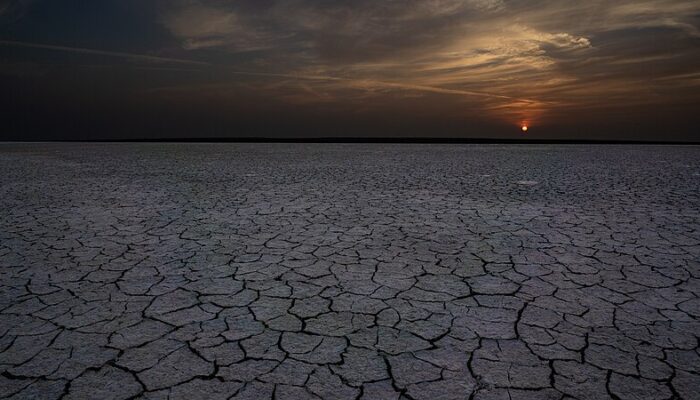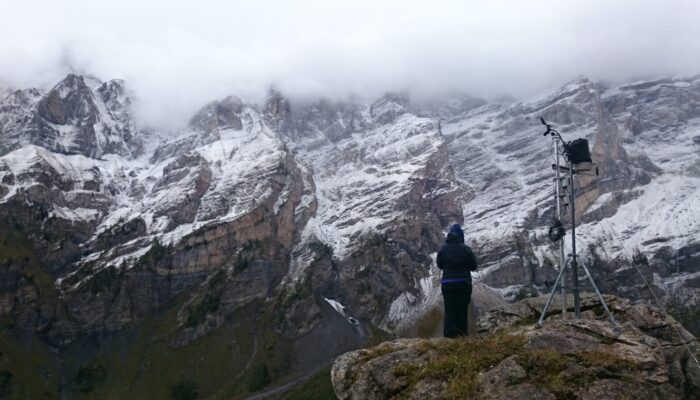Teaching the next generation of scientists, engineers, and planners hydrology may sometimes feel like a chore, but it might be the most impactful thing we do! So, I think it is always worth taking a look to see if we can optimize our approaches. What follows are some ideas that have shaped my teaching strategies over the last decade. I don’t pretend to be an authority on this stuff, but I’ve curat ...[Read More]
Being a Hydrology Coach: Some Ideas for Teaching College Hydrology Classes




